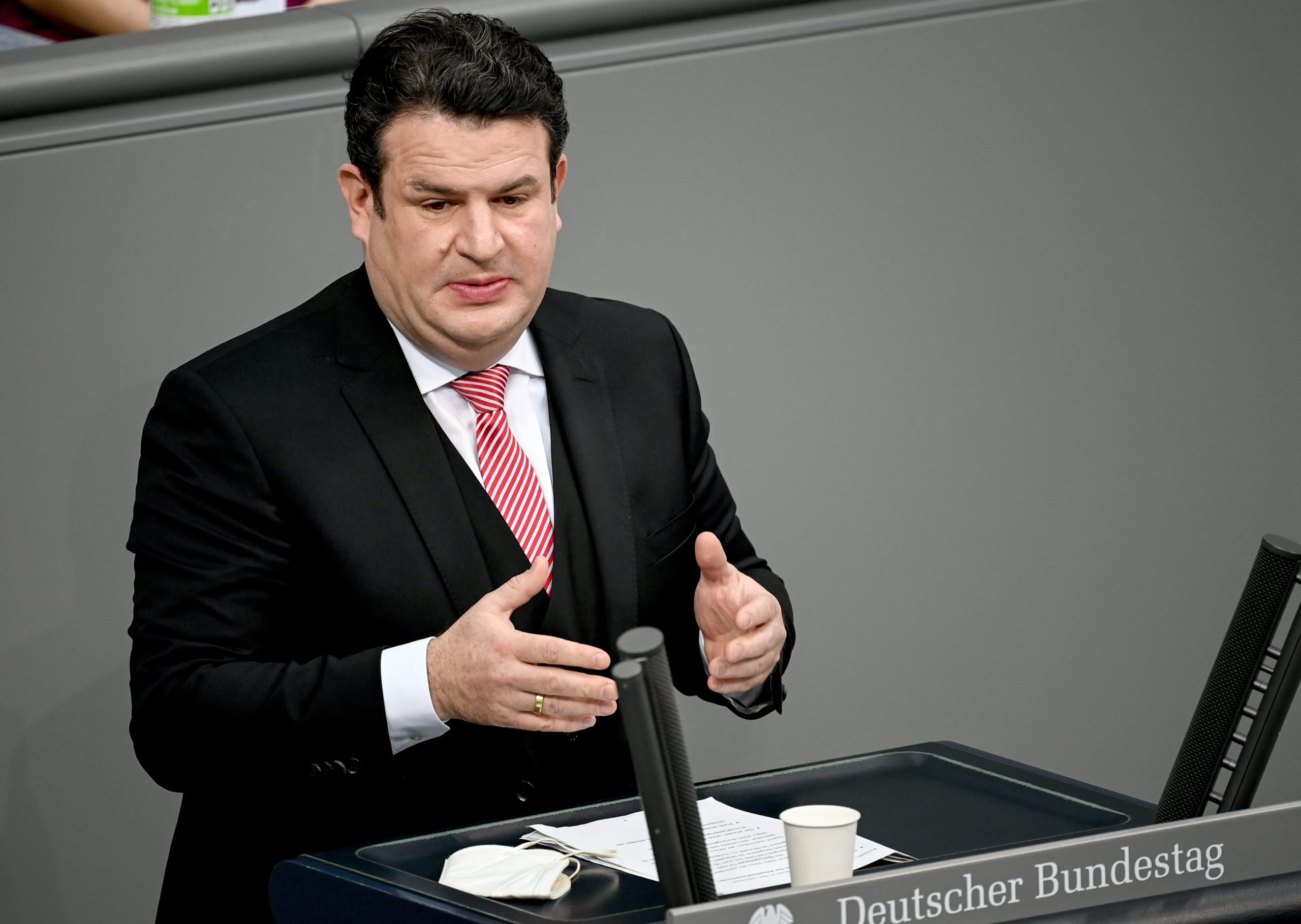In total 1,226 people died as a consequence of consuming banned substances, figures seen by Die Welt am Sonntag show, demonstrating an alarming increase of 18.8 percent on 2014.
The increase in deaths made 2015 the third year in succession in which drug-related deaths had risen. In 2013 and 2014, police recorded single-digit percentage increases in drug deaths.
The number of people turning to illegal drugs also seems to be on the rise with police recording a 4 percent increase in the number of first-time users caught in possession of a banned substance during the course of 2015.
Police managed to seize far fewer drugs in Saxony and Bavaria, saying that this was caused by a “reduced control capacity, probably due to increased use of police forces to deal with the refugee issue”.
Experts from the Federal Office of Criminal Investigation (BKA) said that the rise in deaths was to be explained by higher consumption of opiates in combination with other drugs.
The number of those caught with amphetamines and opiates such as heroin rose, while those caught with crystal meth dropped, the figures showed.
The spike in deaths was particularly visible in three of Germany’s poorest states – Saxony, Mecklenburg-Western Pomerania and Saarland. In all of these states, drug-related deaths more than doubled on the previous year.
While drugs like ecstasy and amphetamines are smuggled from the Netherlands, crystal meth comes principally from the Czech Republic.
'Police claims are nonsense'
But Frank Tempel, drug policy spokesperson for main opposition party Die Linke, told The Local that it was “nonsense” to try and draw a connection between the refugee crisis and levels of drug consumption.
“Repression is not an effective means of fighting drug consumption,” Tempel, who once worked in a police narcotics unit, said.
He explained that he understood that his former colleagues felt overstretched, but that there was not a correlation between how much effort police put into fighting drug crime and how many drugs people consume.
“If you arrest one dealer, a new one will almost immediately take his place – the amount of money to be made makes the risk worth it,” Tempel said.
“If you compare Germany's repressive cannabis policy with that in the Netherlands, you will find very similar consumption levels,” he argued.
Tempel said it was not possible to draw accurate conclusions about the causes of drug-related deaths because the state did too little research into what drugs were being mixed with that could make them potentially more dangerous.
But he suggested that one cause of increased drug deaths could be a drop in the prices of heroin caused by the market being flooded with the opiate grown in Afghanistan.
“The user doesn’t know what the quantity is they’re consuming,” he said. “If they are used to a low quality of the drug then this can be fatal – it doesn’t come with a quality control sticker.”




 Please whitelist us to continue reading.
Please whitelist us to continue reading.